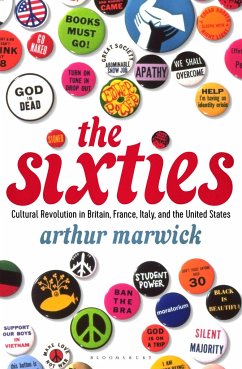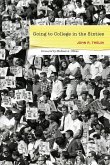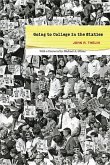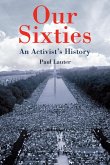If the World Wars defined the first half of the twentieth century, the sixties defined the second half, acting as the pivot on which modern times have turned. From popular music to individual liberties, the tastes and convictions of the Western world are indelibly stamped with the impact of this tumultuous decade. Framing the sixties as a period stretching from 1958 to 1974, Arthur Marwick argues that this long decade ushered in nothing less than a cultural revolution - one that raged most clearly in the United States, Britain, France, and Italy. Marwick recaptures the events and movements that shaped life as we know it: the rise of a youth subculture across the West; the sit-ins and marches of the civil rights movement; Britain's surprising rise to leadership in fashion and music; the emerging storm over Vietnam; the Paris student uprising of 1968; the growing force of feminism, and much more. For some, it was a golden age of liberation and political progress; for others, an era in which depravity was celebrated, and the secure moral and social framework subverted. The sixties was no short-term era of ecstasy and excess. On the contrary, the decade set the cultural and social agenda for the rest of the century, and left deep divisions still felt today.
Hinweis: Dieser Artikel kann nur an eine deutsche Lieferadresse ausgeliefert werden.
Hinweis: Dieser Artikel kann nur an eine deutsche Lieferadresse ausgeliefert werden.








